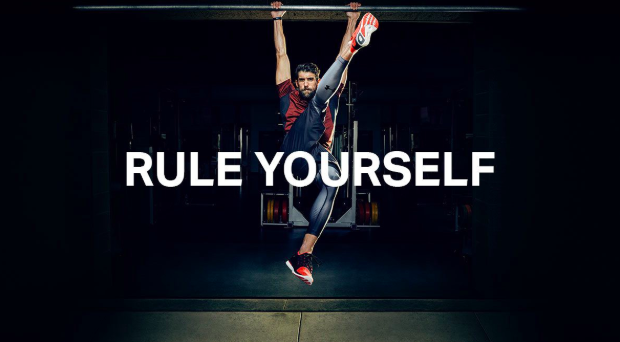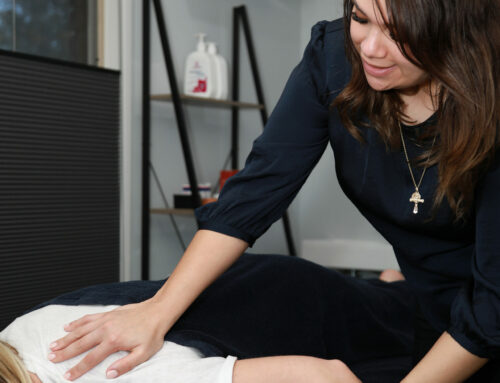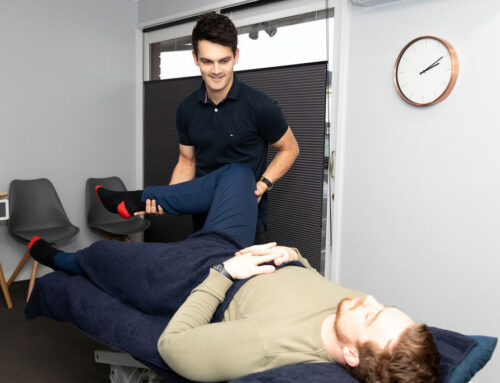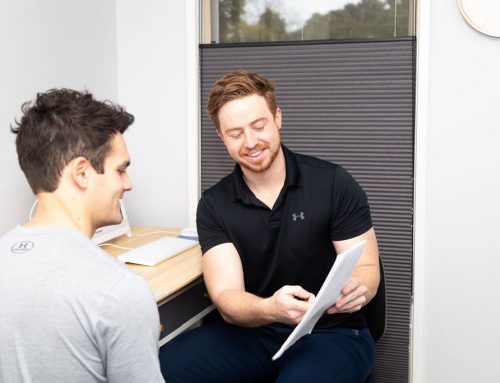“It is what you do in the dark, that puts you in the light”
This is one of my all-time favourite quotes.
I first came across it on an Under Armour ad campaign featuring Michael Phelps. As a former competitive swimmer and lover of sport, I have an enormous amount of respect for Phelps and everything he achieved at the highest level of sport. This ad gave a glimpse into his life as well as his training; a behind the scenes look that I was not surprised to see, but had never really imagined in great detail.
This brief glimpse into his work ethic and training load illustrated the sacrifices and the pain that he went through as well as the mental fortitude to be the best.
The ad campaign was titled “RULE YOURSELF”. Watch it here:
I bring up this ad campaign and the idea of “Ruling Yourself” to discuss something that I am passionate about, and something that I have seen help so many people along their treatment journey. Purpose. Finding your purpose and going out and doing the things that are important to you. Not everyone has dreams of winning gold medals at the Olympics, not everyone wants to compete in sport. Some want to play with their children, some want to lose a little weight, some want to travel the world but most of us have very little if any idea about what it is that we want.
In this blog, we are going to talk about finding purpose and how important that is. In the next blog we will discuss how necessary our purpose is when it comes to setting and working towards our goals.
THE IMPORTANCE OF PURPOSE
At one time or another we have all said to ourselves “I don’t know why I’m doing this!”
We have all woken up in the morning with a sense of dread, as we are in for yet another tedious day. Whether it be work, university, school, exercise, housework or anything at all. I have no doubt that every single one of us has at one stage or another had thoughts like this. But why? Why don’t we spring out of bed every morning ready to do our best and give our all into whatever we do?
It is simple. We don’t jump out of bed when we lack direction. We don’t jump out of bed when we are not passionate about what we are doing. We dread doing things that are not important to us, things that do not serve our purpose.
A greater sense of purpose in life not only helps us jump out of bed every morning, it also increases your life expectancy[1], has a positive effect on physical and mental health including; decreasing the likelihood of a number of illnesses such as heart disease[2], improves sleep quality[3], increases motivation and reduces risk of depression and anxiety disorders[4].
Okinawa in Japan has the highest life expectancy of any place in the world (90 for women and 84 for men) and over 400 centenarians (people over 100 years of age). It is also the home of a concept known as Ikigai (iki = life; gai = value). Ikigai is about finding a purpose for your life, a reason for getting up in the morning. Essentially, this concept is about finding your ‘WHY?’.
IKIGAI MODEL
WHY IS AN OSTEOPATH TALKING ABOUT GOALS AND PURPOSE?
During your consultation at Pakenham Osteopathy, you will have been asked a question like:
“If you could be doing anything with your life, what would it be?” or “Imagine yourself 6 months from now, what would have to happen for you to be happy?”.
Often we find people struggle to answer these questions, or they answer them with a vague uncertainty. This is because we very rarely ask ourselves what it is we want out of life. It is however even more rare to understand why we want what we want.
As Osteopaths, we ask these questions for a number of reasons:
- We ARE INTERESTED in treating each person as a person rather than as the injury they come in to see us with.
- We CARE about our patients and want to help them live HEALTHIER and HAPPIER lives
- We want to find out what is important to you, what your goals are and to WORK WITH YOU to achieve them.
- We LOVE helping others get better everyday
WHY WHY?
Another one of my favourite quotes comes from Austrian Neurologist/Psychologist and Holocaust survivor Viktor Frankl.
“If someone has a strong enough WHY, can bear with any how”.
Understanding WHY you are doing something will help to provide the motivation to do the work, the patience to wait, the determination to overcome obstacles/roadblocks and a reason to keep going, even when you think about quitting.
Injuries along with health concerns are a necessary but frustrating part of life. Injuries affect our mood, our day to day activities and during the healing/rehabilitation process we will invariably encounter some setbacks and roadblocks. We may have pesky low back pain that we want to get better so that we can pick up our kids, headaches that we want to improve so that we can have a good night’s sleep, maybe we want to lose a little weight that we have picked up or even a hamstring that needs to rest and recover for football finals; there is always a reason WHY we want to get better.
IT IS AT THIS STAGE THAT OUR WHY COMES INTO PLAY.
So when things aren’t progressing as quickly as you like or you are doing the exercises your Osteopath has given you or you are forgoing a burger and chips and instead choosing a healthier dinner option; its these things, all of the things you “DO IN THE DARK” (by yourself without your Osteo there making you accountable); remember WHY you are doing these things… Not only will this help you at Pakenham Osteopathy throughout the treatment and management of your injuries but understanding why you want what you want will help you put in the work while nobody is watching and PUT YOURSELF INTO THE LIGHT (closer to achieving your goals).
There will be many people that have never asked themselves these questions before. So I challenge you to ask yourself:
- What is important to you?
- What do you love?
- What do you want to do more of?
- What do you want to with your life?
- Why are these things important to me and why do I want them?
Go out and do you, for you.
References
[1] McKnight, P., & Kashdan, T. (2009). Purpose in Life as a System That Creates and Sustains Health and Well-Being: An Integrative, Testable Theory. American Psychological Association, 13(3), 242-251.
[2] Megumi, K., Hiroshi, I., Yoshihiro, K., & Yukataka, M. (2008). Effect of Having a Sense of Purpose in Life on the Risk of Death from Cardiovascular Diseases. Journal of Epidemiology, 18(5).
[3] Kim, E., Hershner, S., & Strecher, V. (2015). Purpose in life and incidence of sleep disturbances. Journal of Behavioural Medicine, 38(3).
[4] Błażek, M., Kaźmierczak, M., & Besta, T. (2015). Sense of Purpose in Life and Escape from Self as the Predictors of Quality of Life in Clinical Samples. Journal of Religion and Health, 54.







